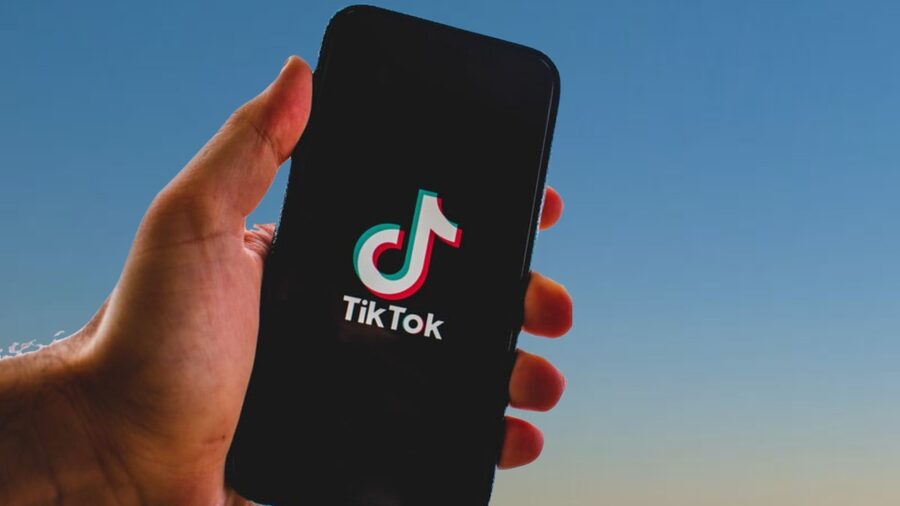TikTok Has Been Outlawed In Part Of The United States
A recently passed Montana bill makes TikTok illegal for state residents effective January 1, 2024.

It seems these days that comparing anything to 1984 has lost whatever bite it once had. After all, both the left and right have used George Orwell’s classic novel to describe the opposite side (hint: if everything is Orwellian, then nothing is). However, when discussing a new Montana law that would completely ban TikTok within the state, one can’t help but be reminded of 1984’s government-controlled dystopia.
As The Verge reports, Montana Governor Greg Gianforted just signed a bill that essentially bans all of Montana from using TikTok. Or, more specifically, bill SB 419 prohibits the social media platform from operating “within the territorial jurisdiction of Montana” by demanding that mobile app stores make TikTok unavailable to residents of The Treasure State.
Because while the law specifies that no penalties apply to users of TikTok, it does slap that app stores and TikTok itself with a $10,000 per violation, per day fine “Each time that a user access TikTok, is offered the ability to access TikTok, or is offered the ability to download TikTok.” That means it is as close to a complete ban of TikTok within Montana’s borders as legislators could get.
The law doesn’t go into effect until January 1, 2024, but when it does, it will set a precedent as the first law passed in the US that restricts Americans’ access to the internet. In fact, Bill SB 419 will put the US on the same list as Turkey, Russia, Iran, and China as countries that have banned their people from using certain websites/apps. A fact that’s pretty odd when you consider that Governor Gianforte claims to be protecting Montana’s personal and private data from the “Chinese Communist Party” by using that “Party’s” same tactics to limit people’s rights.
It’s hard to take the Governor’s TikTok ban as anything other than a politically motivated stunt, given that the law includes a clause that would render the law null and void immediately if TikTok severs its ties to the Chinese company ByteDance and if its new owner isn’t in a “foreign adversary” nation. Meanwhile, American-owned platforms like Facebook and Twitter have come under fire for their unprecedented access to users’ data many times, and no US states have come anywhere close to banning their use.
A spokesperson for TikTok, Brooke Oberwetter, responded to the passing of the law by claiming that SB 419 was a “Bill that infringes on the First Amendment rights of the people of Montana” by banning TikTok illegally. She went on to say that the number of Montanans that use the app numbers in the “hundreds or thousands” and that TikTok would work to defend the rights of those users. Oberwetter’s statement touches upon the biggest question about the ban, is it legal?

Many First Amendment advocates say no, the TikTok ban isn’t legal because it infringes on Americans’ fight to share and receive protected speech while online. US judges came to the same conclusion in 2020 when they blocked an executive order from then-president Donald Trump that called for a nationwide ban on TikTok and fellow Chinese-Owned app WeChat.
Unfortunately, Gianforte isn’t an isolated case. Several lawmakers from both sides of the aisle have been pushing for a TikTok ban at a federal level. So far, these efforts don’t seem to have enough support to get anywhere, but that could change depending on what happens with this Montana law. If the law holds up in court, there’s no telling how many other states will follow suit.
And if that happens, things could really get Orwellian.












